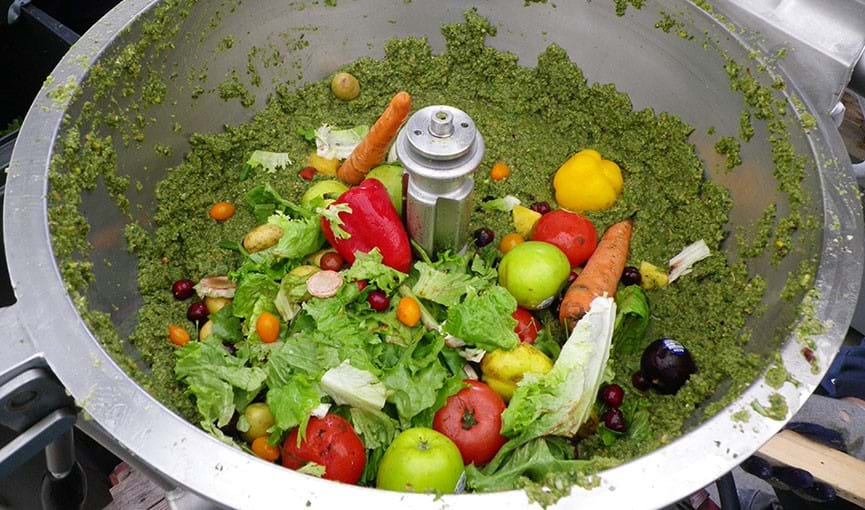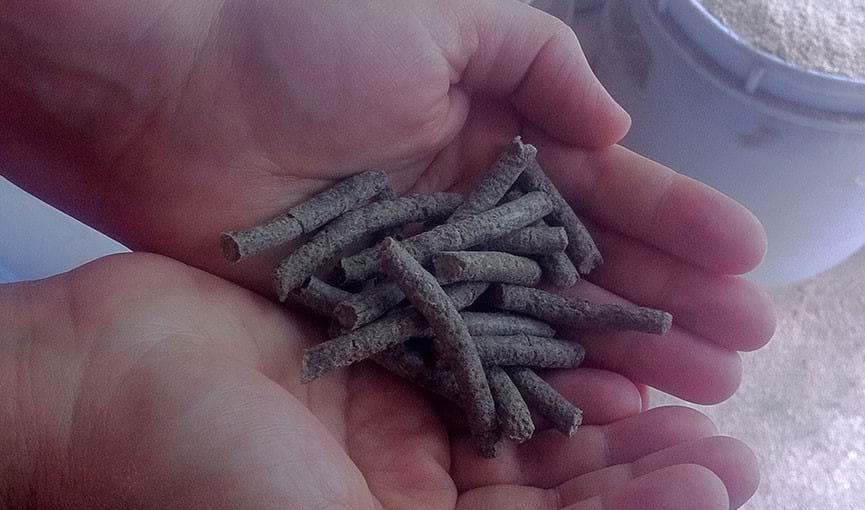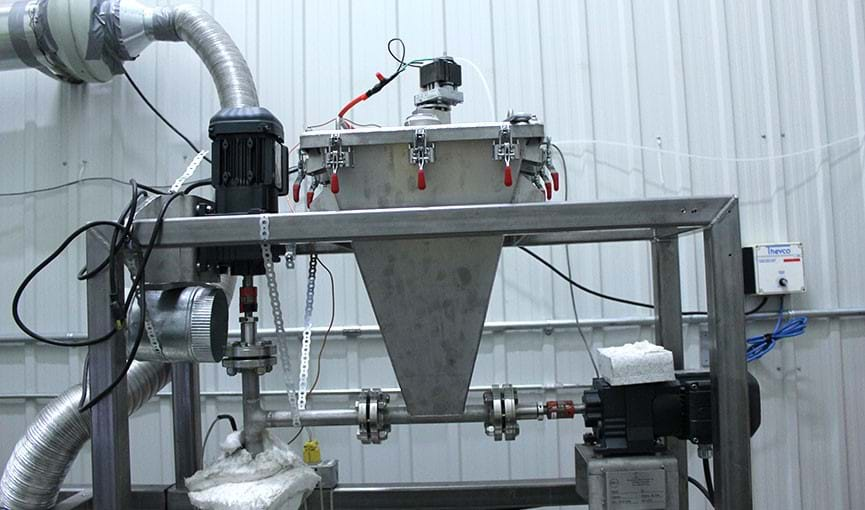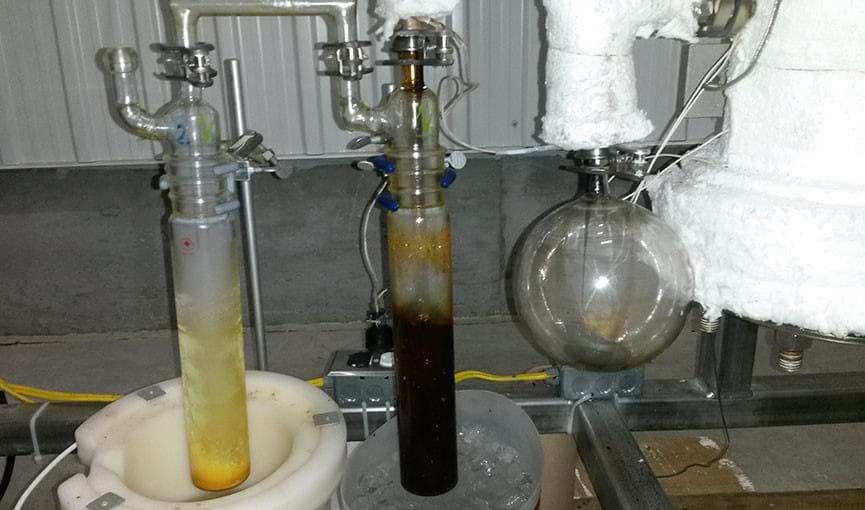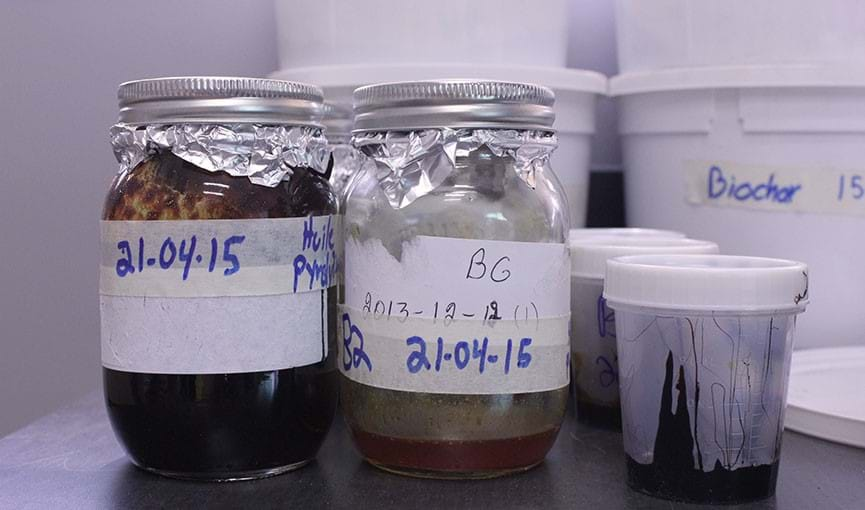Waste conversion
Changing environmental regulations
At the same time, changes in environmental regulations are afoot and, starting in 2022, organic materials will be banned from landfill sites. Quebec's larger cities are now building biomethanation plants that will produce large amounts of fertilizing materials for use on farmlands. Will the agronomic value of these materials surpass that of fertilizers currently in use? And more broadly, are we utilizing available residual materials to their full potential?
To answer these questions, IRDA is helping farmers, companies, and government agencies open new markets for repurposed organic residual materials that serve as energy sources, fertilizers, or animal feed inputs, while complying with the evolving regulatory environment.
From laboratory analysis to processing and field applications
As part of its services, the IRDA laboratory characterizes inputs and their effectiveness. It also conditions materials—using biodrying, separation, combustion, etc.—so they can be put to use. At our experimental farms and working with partner farmers, we assess the potential of using various biomasses as farmland fertilizers. These conditioned materials help farmers lower fertilizer costs and improve soil quality, which generally translates into stable yields and increased profit margins.
IRDA's expertise also extends to developing equipment for recovering energy from crop and animal byproducts or from waste generated by food processing. The institute holds a patent for a reactor that converts organic waste into biofuel that can be used to heat buildings.
IRDA’s work creates new ways for farmers to generate revenue from biomass.



